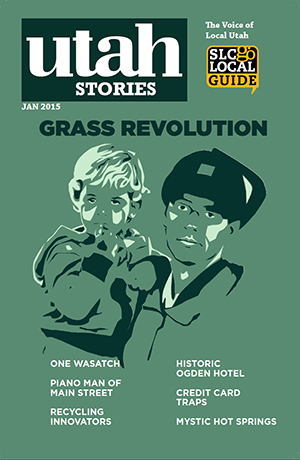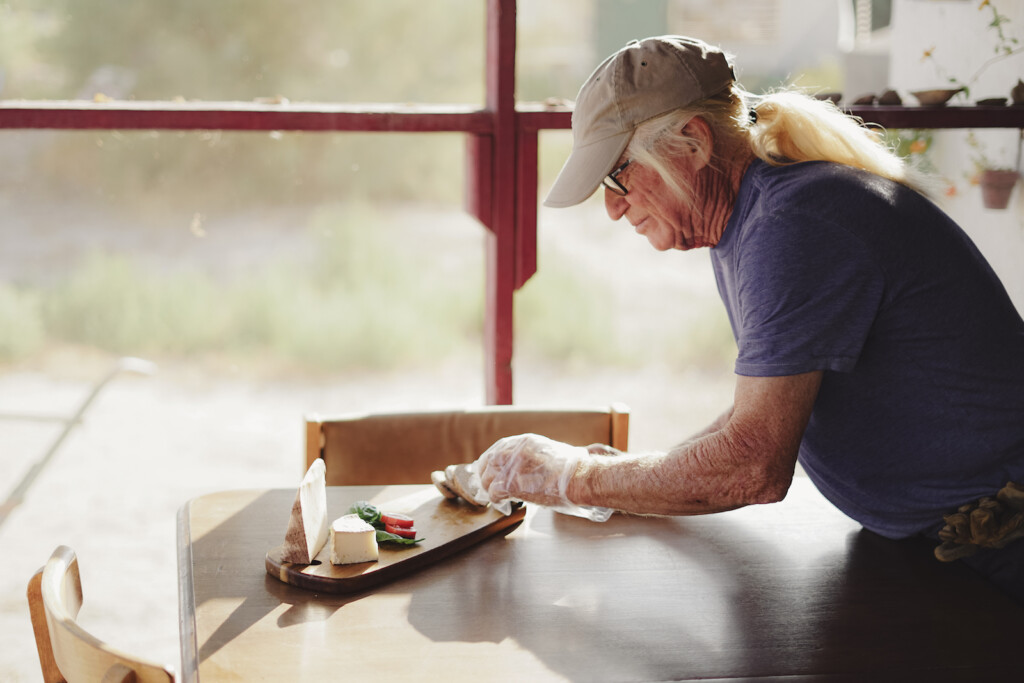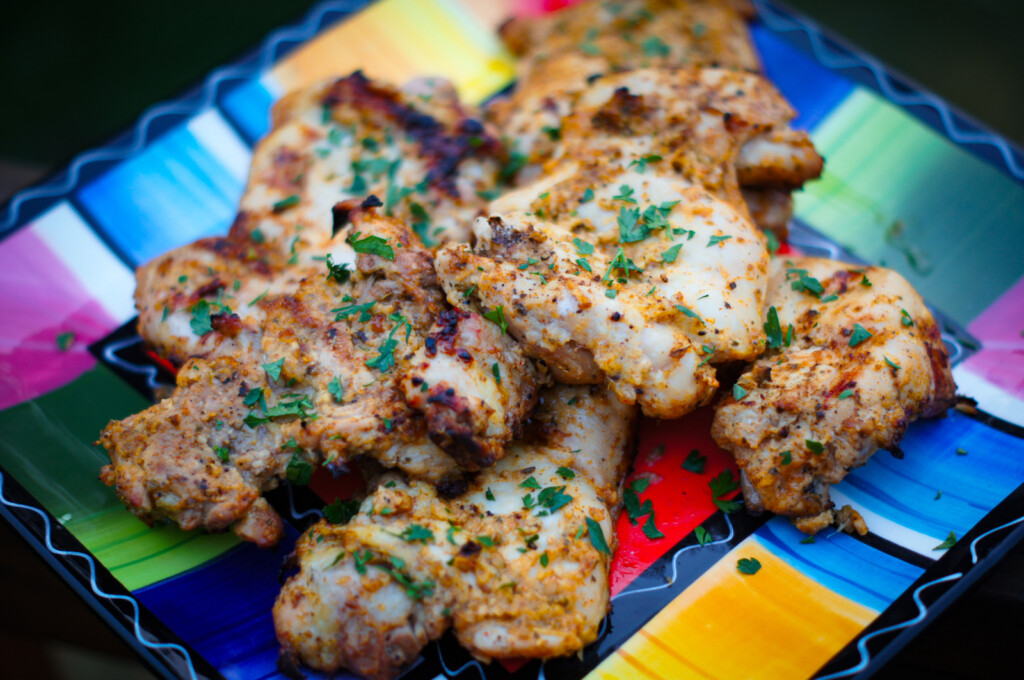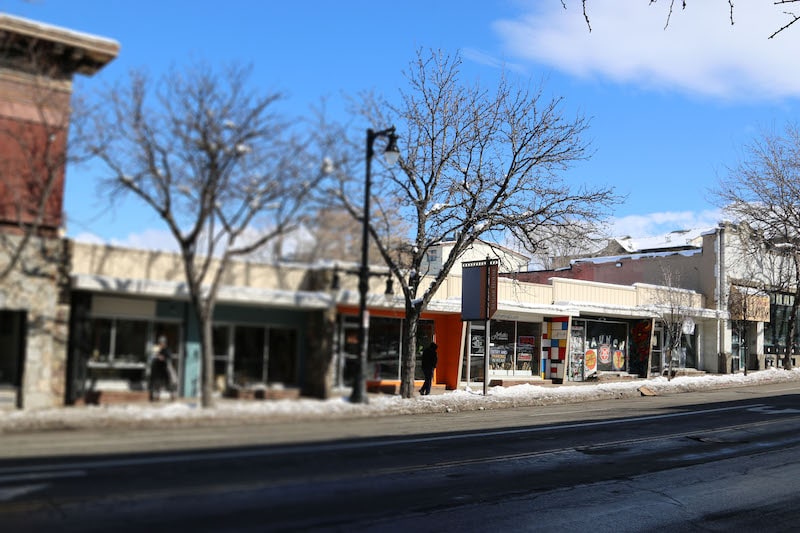 The book Omnivore’s Dilemma, by Michael Pollan, has been recommended to me about 15 times by various people, mostly from the farmers market. I write about food, farmers and ingredients and especially the farm to table movement, but the reason I didn’t read this book sooner is that this book’s title makes its content sound like liberal propaganda.
The book Omnivore’s Dilemma, by Michael Pollan, has been recommended to me about 15 times by various people, mostly from the farmers market. I write about food, farmers and ingredients and especially the farm to table movement, but the reason I didn’t read this book sooner is that this book’s title makes its content sound like liberal propaganda.
I don’t read books that demonize meat, gluten, fructose, and non-organic eaters. I’m sick and tired of hearing about the Paleo diet, Atkins diet, the Jesus diet. I’m not going to join the camps of people who turn various eaters or businesses into heretics: I eat McDonalds once in a while. I know that I can’t readily stop eating fast food on occasion, nor do I wish for the government to pass even more laws attempting to prevent obesity– like the law that requires fast-food places to count the calories for customers and post it on their menu boards. The last thing our country needs is a food police and more government control over our lives.
But since Ken at Ken Sanders Rare Books, personally recommended I read Pollan’s book as well as related works by Wendell Berry. I bought the books, knowing that I was likely be reading views contrary to my own, and I was probably going to get annoyed, but once in a while in the name of journalism one must be annoyed.
Omnivore’s Dilemma is not a guilt trip for carnivores. It’s a book that simply poses the question: what should we eat? The point of the book is that we as Americans are extremely inclined to fad eating. Michael Pollan is a responsible journalist and presents both sides of the factory food model, and does his due diligence by following our national factory food chains to find answers to questions about food origins.
One of my favorite sections in the book goes into corn. The amount of corn we produce in the country is truly a marvel. We produce far more than we could possibly consume, which is why corn is now in so many of our products. Ice cream, mustard, ketchup, mayonnaise, soft drinks, gasoline and building products are all made from corn and corn by-products. Out of 48,000 products in the supermarket, Pollan found that half contain corn. The U.S also exports millions of bushels of corn to other countries, which ultimately drives down prices. As a result small, local farmers suffer.
Omnivore’s Dilemma and the documentary based on the book Food Inc., as well as the excellent essays I’ve read by Wendell Berry have truly opened my eyes. And it’s been an awakening that hasn’t required me to sacrifice my basic principles of being a independent thinker. These are not ideas from “liberal environmentalist whackos” as I assumed nor does he cater to the “far right”. And I hope that more libertarian-minded readers, like me, come to better understand the localvore, slow-food, pasture-raised livestock movement.
We have written several stories about both rural and city farmers over the years. I can say that these are some of the stories I’m most proud that Utah Stories has produced. It’s not easy to sell a magazine in which we write about people who represent such a tiny fraction of our overall population, but It has certainly boosted our morale to find there are like-minded writers and publications such as the Stockman Grass Farmer, Mother Earth News and Eatwild.com., as well as Michael Pollan, Barbara Kingsolver, Joel Salatin. I look forward to learning about more of the farm writers’ community. I also hope many more of our readers start visiting farms and referring farms for us to write about. I want Utah Stories to be known as the best source for local farm articles and coverage.





